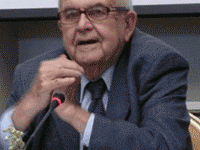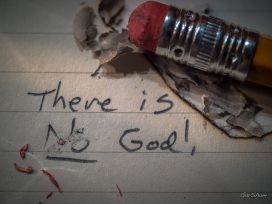
Culture and the daily grind
Opening address at the 22nd European Meeting of Cultural Journals
From the Eurozine archive: Antonin J. Liehm, founder of Lettre Internationale and former editor of the Czechoslovak journal ‘Literární noviny’, discusses the role of a European cultural journal before and after 1989 and explains why it is as important as ever to organize a concerted defence of culture.
